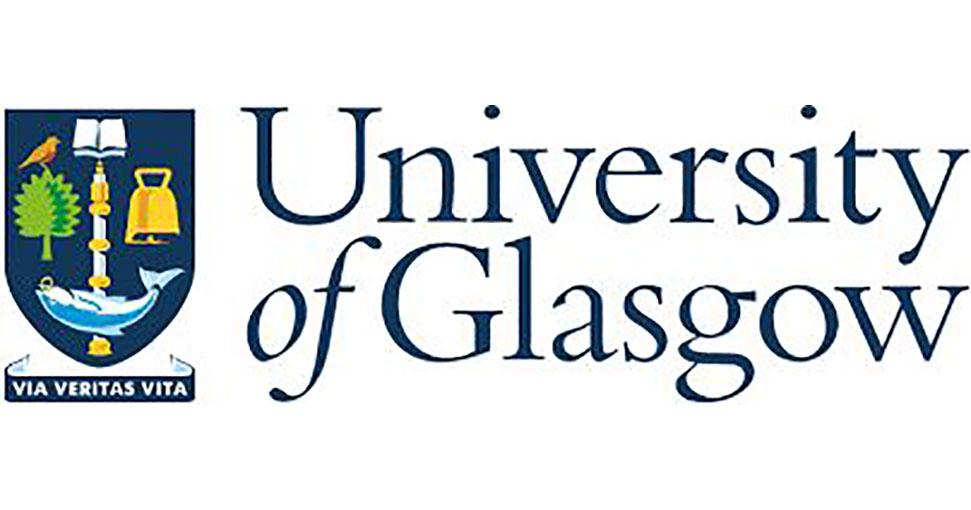The University of Glasgow have a fully funded PhD opportunity, looking at ‘Defining the Costs and Pathways of Marine Migration in Atlantic salmon’
Project Description
The Atlantic salmon Salmo salar, is a high conservation species of economic value that is in rapid decline across its range.
It makes long distance migrations as part of its life cycle; we know very little about its migration once it reaches marine systems.
However, we do know that survival rates from outward migration to its return have declined significantly over the last 30 years.
Previous studies have shown that seaward migration carries very significant cost with the assumption that the fitness benefits of migration exceed these costs. However, there is some evidence that these migration costs may be increasing, and this may be in part because of anthropogenic changes in the coastal zones or high seas.
This project will quantify migration pathways and the costs of migration in transitional and coastal waters for Atlantic salmon.
The project will develop and implement an acoustic telemetry study in the Lomond and Clyde catchments of west central Scotland.
This will involve deploying fixed position receivers in transitional and coastal waters in the study area, trapping and tagging seaward migrating salmon in freshwater and recovering tag passage data.
Data from the Clyde/Lomond study will be supplemented with data from similar studies being conducted by project partners working on the River Bush and the Foyle catchment on the island of Ireland and from data from a large receiver array linking Ireland to Scotland (from Malin Head to Islay).
This will be repeated over 3 migration cycles. The combined dataset will thus provide spatial and temporal replication and will be quantitatively a very large dataset. The expectation is that quantitative models describing salmon migration will be developed and these used as an evidence base upon which to construct marine management recommendations for the species in each of the three study areas.
The studentship will be supported by several project positions to aid with the complex technical nature of the empirical work. The expectation is that this work will result in serval papers in international journals.
The successful candidate will be required to work outdoors in relatively arduous conditions in coastal waters of the UK and Ireland. Thus, an appropriate level of fitness is required. The project will require a high level of quantitate analysis skills.
Funding Notes
This project will form one component part of a larger project “SeaMonitor” investigating migration pathways of a number of fish and mammal species in the sea areas around west Scotland, Ireland and Northern Ireland. The work is funded through the EU Interreg VA programme.
Story by the University of Glasgow





